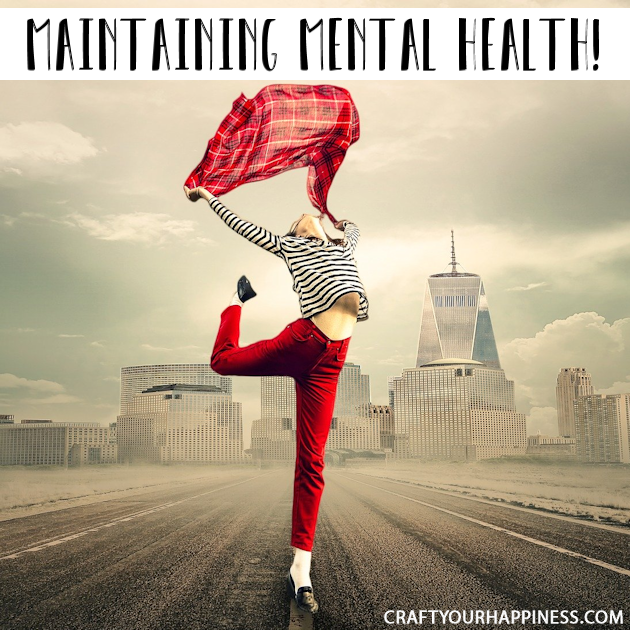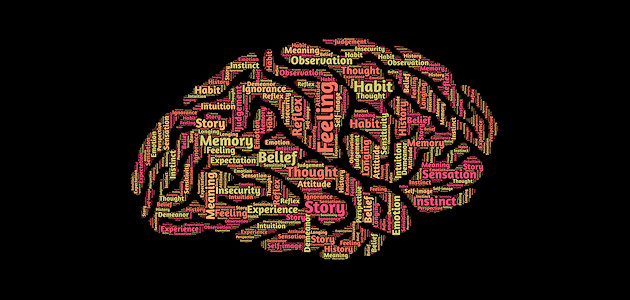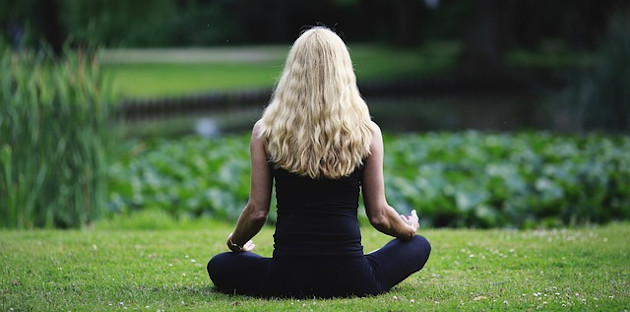
![]()
Visit any of the major social media platforms these days and you’ll find thousands of people talking about body acceptance, fitness journey’s and their goals for their physical wellbeing. We applaud it, encourage it and often seek to copy it. Setting out to achieve or maintain our physical health is a good thing, but when it comes to our mental health, the stigma surrounding it is still there. Over 40% of adults will experience a mental health issue at some point in their lives. Due to the reluctance of people to seek help, this figure could be significantly higher. Even if you’re not living with a mental health condition, it’s a great idea to structure your life in order to take care not only of your physical but mental wellbeing too.
 Stay connected with people
Stay connected with people
Good relationships with those around us are the cornerstones of good mental health. They provide security, self-worth and the bonding that comes along with shared experiences. Take time to be with your, family, friends. Be mindful of the quality of the time you spend together too. A family meal or outside walk is more meaningful than being slumped in front of the TV, not speaking to each other. Keep in touch with friends too. If they live close, arrange regular meetups or keep in contact via technology if that’s not possible. If you find yourself living away from family and friends then don’t shut yourself away. Get out and about into the community and make an effort to speak to people. It’s easy to go days without any meaningful conversation when we’re too wrapped up in our own lives.

 Keep your mind active
Keep your mind active
Learning new skills is a great way to keep your mind active and build a sense of self-confidence. It could be absolutely anything from learning a language or taking up a new hobby such as painting or sport. If you love reading, pick something out of your comfort zone, put down that crime thriller and pick up a biography, or historical fiction. Anything that kicks your mind out of neutral. Having interests outside of your family and jobs is important as it keeps us connected to ourselves, not just the role we play in other people’s lives. New skills and hobbies also open up connections with new people and groups.

 …and your body too
…and your body too
There’s a saying ‘healthy body, healthy mind’, and that is a scientific fact. Living a healthy lifestyle with a good diet and plenty of exercise really does improve our mental health. In some countries, exercise is now being prescribed by doctors as part of a treatment regime to help with depression. An article in Helpguide stated “Regular exercise can have a profoundly positive impact on depression, anxiety, ADHD, and more. It also relieves stress, improves memory, helps you sleep better, and boosts your overall mood”. You don’t have to be competing in triathlons or running marathons to feel the benefits. Building more movement into your everyday life can also be beneficial, especially if you have a very sedentary lifestyle.

 Manage stress
Manage stress
It’s almost impossible for the average person to remove stress entirely from their lives. Instead of trying to eliminate stress, learn to recognize it and put a strategy in place to cope with it. The worst thing you can do is bury your head in the sand and try and ignore it. Write down a list of things that are worrying you. Be honest. Next, look at that list and identify the problems that you can tackle head-on and do it. Sometimes, just by recognizing what worries us, it takes away some of its power.
Tips to Stop Negative Thoughts In Their Tracks

 Recognize what mental health issues look like
Recognize what mental health issues look like
Recognizing when you need help is extremely important. Educate yourself on the warning signs of stress, anxiety, and depression before they become an overwhelming issue. By getting professional help early, you stand the very best chance of being able to put a plan into place to deal with it and minimize its impact.

 Practice mindfulness
Practice mindfulness
The frantic pace of modern life leaves us very little time to think about the present moment we’re in. By using mindfulness techniques, you learn to pay attention to the present, your thoughts, feelings, and environment. If you’re not sure exactly how to use mindfulness, there is a host of excellent books, podcasts and phone apps available to help you.
 Keep going
Keep going
By incorporating good habits for mental health into your overall lifestyle, you’re giving yourself the very best chance to remain mentally healthy in the long term and building the resilience to deal with issues when they do come up.
![]()





